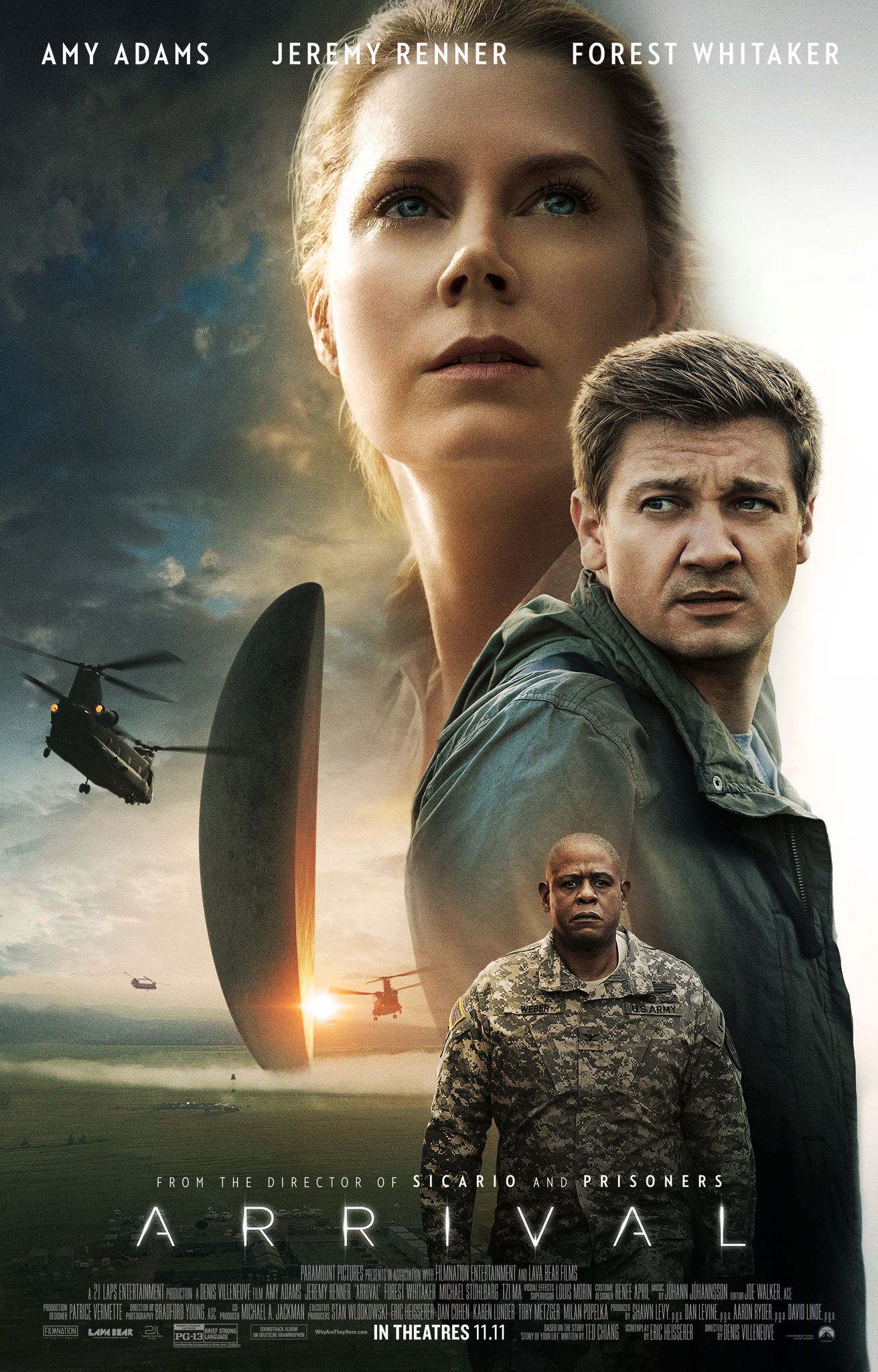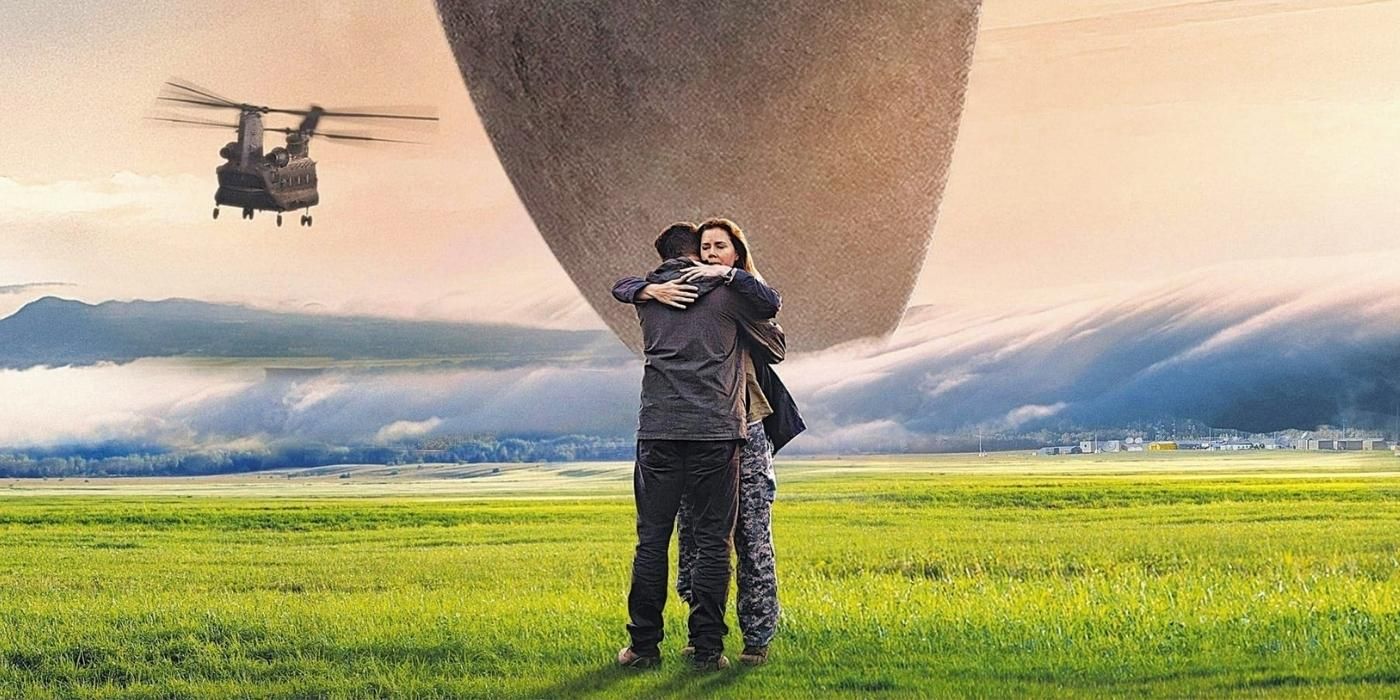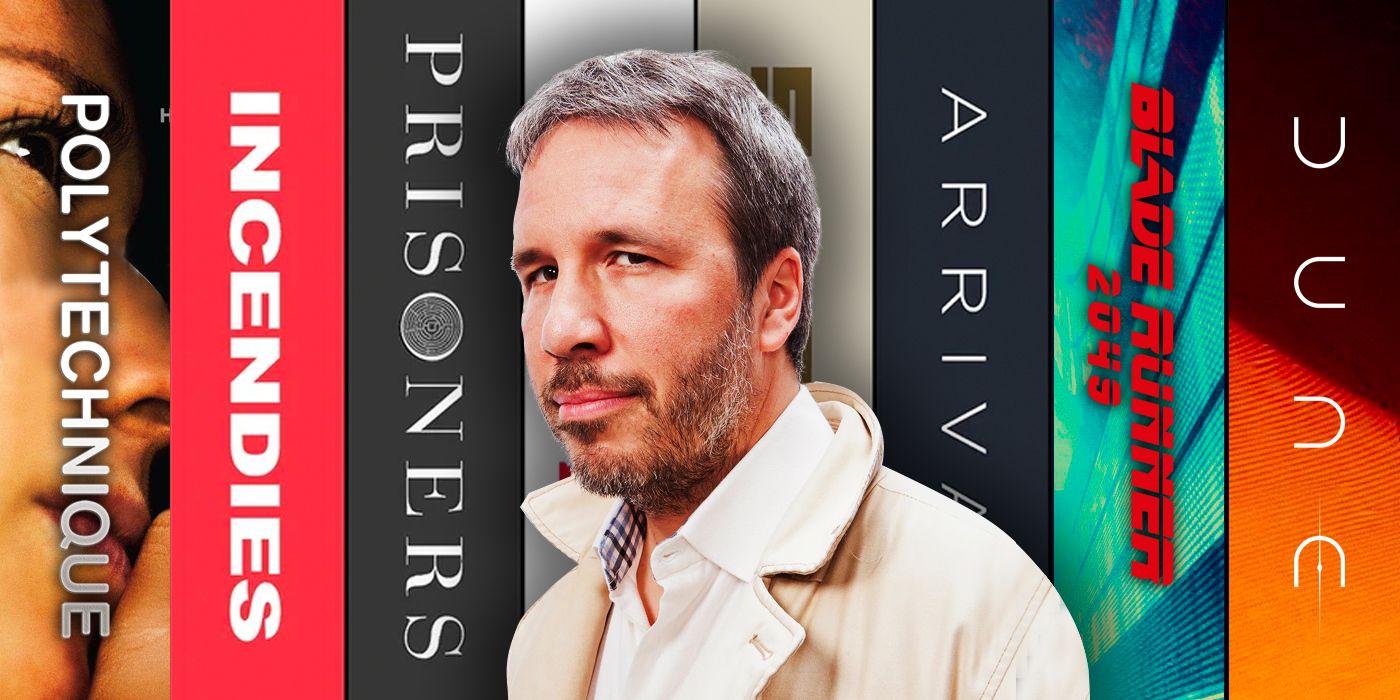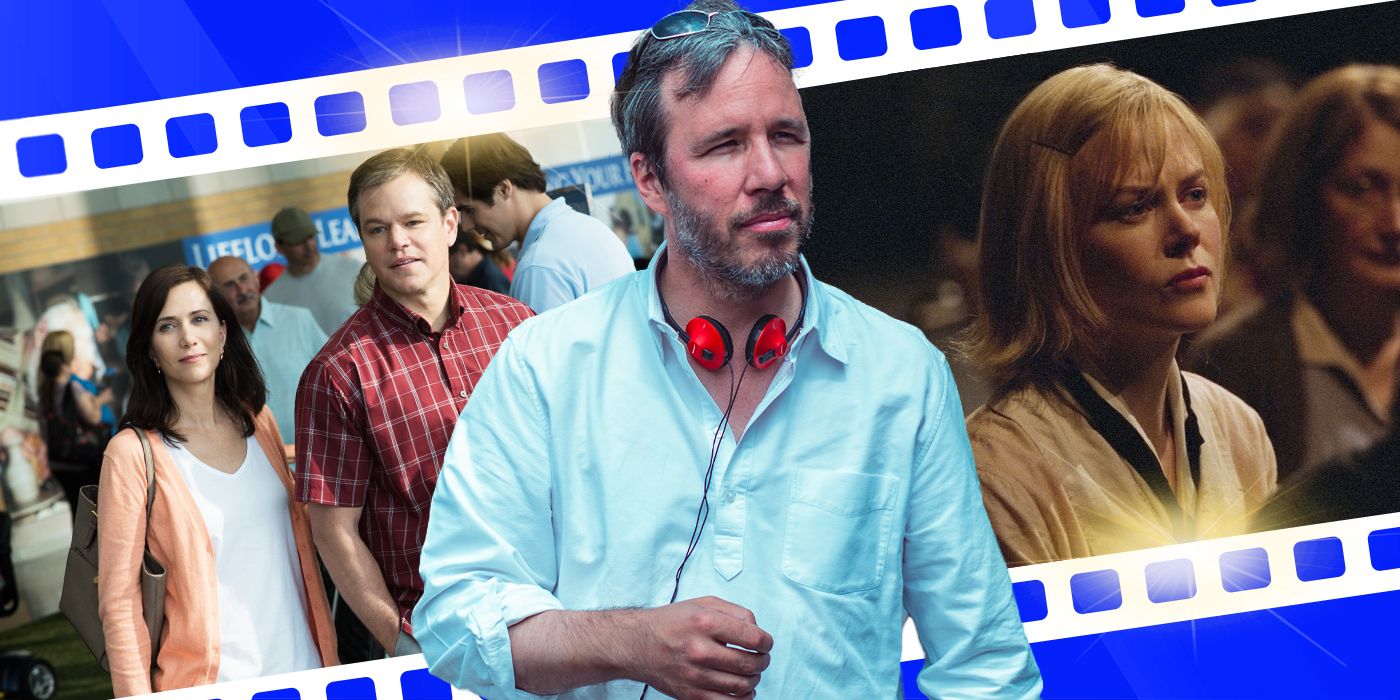The Big Picture
- Denis Villeneuve's Arrival is a compelling sci-fi film that explores how humans react to extraterrestrial visitors, focusing on a linguistics teacher's attempt to prevent a third World War.
- The film's gripping ending raises profound and moving questions for the audience to answer, as the protagonist discovers that her visions of her deceased daughter are actually glimpses of the future.
- While a sequel to Arrival has not been announced, the success of the film at the box office makes it possible that a follow-up could be greenlit in the future.
As Denis Villeneuve continues his impressive sci-fi streak with Dune: Part Two, his extra-terrestrial encounter drama Arrival remains one of the best science-fiction films of the 20th century — and that can be partially attributed to the film's sensational ending. Long before Villeneuve jumped headfirst into the world of science fiction with Blade Runner 2049 and Dune, Arrival tells a compelling dramatic story about extra-terrestrial visitors that is less about aliens and more about how humans would react to these larger-than-life visitors. More importantly, it's about how one humble linguistics teacher tries to prevent a third World War born completely out of fear and uncertainty. As fans of Villeneuve's work already know, he's a filmmaker who loves to play with audiences' expectations and the concept of time itself. That's abundantly clear in the gripping ending of Arrival, one of the best conclusions to a sci-fi film of all time. Even to this day, it's an ending that asks its audience profound and moving questions that many of us are still trying to answer.

Arrival
Linguistics professor Louise Banks (Amy Adams) leads an elite team of investigators when gigantic spaceships touch down in 12 locations around the world. As nations teeter on the verge of global war, Banks and her crew must race against time to find a way to communicate with the extraterrestrial visitors. Hoping to unravel the mystery, she takes a chance that could threaten her life and quite possibly all of mankind.
- Release Date
- November 11, 2016
- Director
- Denis Villeneuve
- Cast
- Amy Adams , Jeremy Renner , Forest Whitaker , Michael Stuhlbarg , Mark O'Brien , Tzi Ma
- Runtime
- 116 minutes
What Is Denis Villeneuve's 'Arrival' About?
Before understanding how Arrival ends, we must first explore how the film begins. Ironically, the movie starts at the end, in a way. One of the first things we see is the brief mother-daughter relationship between Louise Banks (Amy Adams) and her daughter Hannah at ages 6 (Jadyn Malone), 8 (Abigail Pniowsky), and 12 (Julia Scarlett Dan). In what feels like a more macabre mirror-version of the infamously sad opening of Pixar's Up, we see Louise and Hannah live an ordinary, happy life as a family before tragedy strikes. At age 12, Hannah passes away from a terminal illness, leaving Louise as a distraught and grieving mother.
The next thing we see is Louise about to teach a lecture for her linguistics class, all to a relatively empty audience of students. The lecture is cut short by some astounding news — unidentified spacecraft have landed all around Earth. Later, Louise is contacted by Colonel Weber (Forest Whitaker) of the United States military. Louise, along with physicist Ian Donnelly (Jeremy Renner), are being brought to one of the alien landing sites to see if they can find a way to communicate with the extra-terrestrial beings that are inside. While wearing hazmat suits, Louise and a group of fellow scientists enter the vessel. Once inside, they are standing in a pitch-black room protected by glass. The group detects movement behind the glass but doesn't seem to find an effective communication method. Louise decides to forgo government protocol and risk her own safety by removing her hazmat suit and putting her hand on the glass. The response to this action is a gargantuan tentacle hitting the glass in what appears to be an attempt to mimic Louise's movement.
The team establishes that there are two of these beings behind the glass on the ship. Ian decides to give them the nicknames of Abbott and Costello, after the iconic comedic duo. The aliens appear non-aggressive and intelligent, but "appear" is very much the operative word here. Though Louise wants to continue these peaceful attempts to communicate, different countries around the world are skeptical of the creatures and are considering more defensive methods.
What Is the Twist in 'Arrival'?
The more Louise communicates with Abbott and Costello in Arrival, the more she has apparent flashbacks to her time with Hannah. These peace talks with the aliens are not progressing fast enough for some, and another routine trip to the ship with Louise and Ian results in mayhem. It turns out some soldiers assigned to guard the ship have gone rogue, placing explosives on the platform to the ship. Abbott is able to protect Louise and Ian but at the cost of dying in the process. Now global tension is at an all-time high, with China in particular being willing to start a war to get these unwelcome visitors off the planet. Time is running out and Louise makes a desperate dash to the ship to finally understand why the aliens are here and what they want. She makes it to Costello and uses what she's learned to talk to the being face-to-face. Audiences are in for a wild revelation when Louise asks Costello "Who is this child?" referencing her visions of Hannah.
How does Louise not know her daughter? Well, as Costello explains in his own way, this is why he, Abbott, and their brethren came to Earth. The gift they gave to Louise is the ability of time itself, essentially meaning they can see into the future. That's right. These visions of Hannah that Louise has been experiencing the entire film have not been memories, but instead have been prophetic visions of the future. Hannah is not a daughter Louise used to have, but one she is going to have with Ian. In showing her glimpses of their life together and Hannah's eventual passing, Costello views that as a way to help Louise with the grief she will eventually feel.
Armed with this revelation, Louise has another vision of a future meeting she will have with Chinese General Shang (Tzi Ma). They have a brief conversation about how Louise stopped Shang from declaring war by telling him the last words of his deceased wife. Now that she has that knowledge, she uses it to contact the general, leading to a global ceasefire. Now that a third World War has been prevented, Costello and the rest of his kind depart the planet, leaving Louise to live out her future.
Will 'Arrival' Ever Get a Sequel?
Now that we know what Abbott and Costello were trying to communicate, we must answer the question of why they came to Earth. In Costello's final meeting with Louise, the alien explains that they hoped to have the humans as allies for a conflict in 3,000 years. We still don't know what exactly the aliens need help with, but it seemingly indicates that this isn't the last interaction the humans will have with the extra-terrestrial beings. So, will Arrival ever get a sequel? No plans have ever been announced nor does the film directly warrant one, as it's a pretty self-contained story. However, Arrival was a success at the box office since it made $200 million on a budget of less than $50 million, so it wouldn't be too surprising if a follow-up was greenlit. It all just depends on whether this is a world that Denis Villeneuve would want to return to and try to decipher.
Arrival is available to stream on Paramount+ in the U.S.



